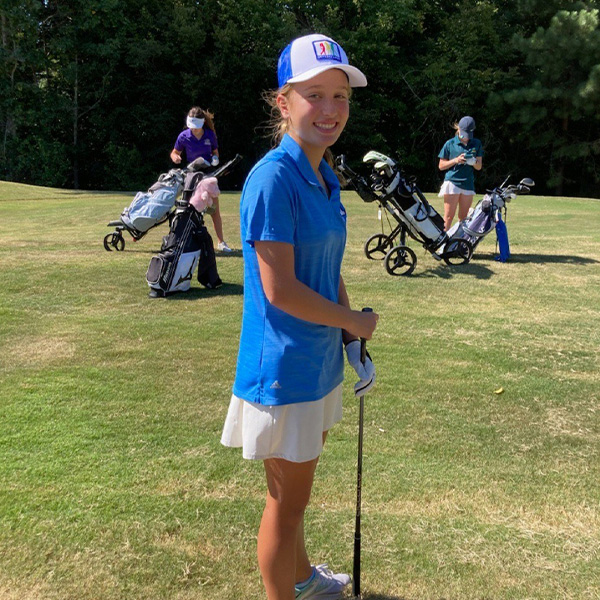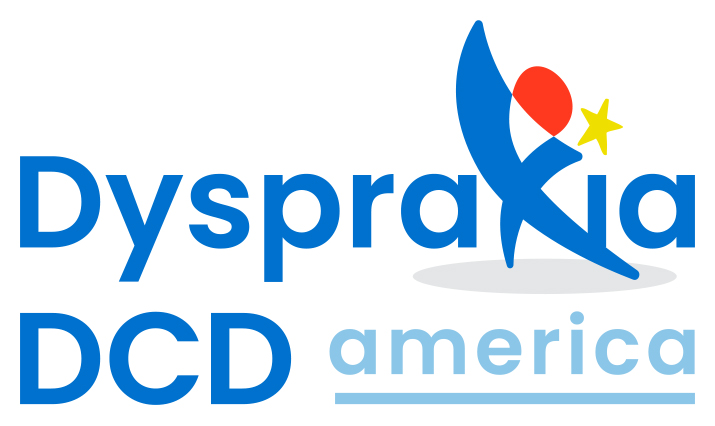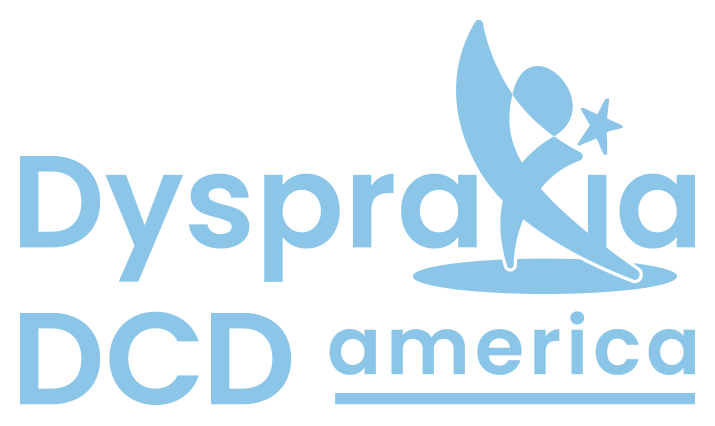
Lydia’s smile will light up a room — it has since she was a little girl and she is always smiling. She’s a very happy young lady, with a heart of gold and she works extremely hard. She’s smart as a whip, has a love for reading, and dreams of one day becoming a marine biologist.
When did you become aware that there was something unique about your child? What did you notice?
When she was a baby, she was always delayed with the key milestones, but always caught up. As a toddler, she couldn’t feed herself. She was unable to catch a ball at the right age, and riding a bike was nearly impossible. She fell off chairs constantly, couldn’t figure out how to move her legs to push herself on a swing, and had difficulty doing the everyday things, i.e. getting dressed, brushing hair and teeth, eating breakfast, and getting her backpack ready (same thing in the evenings).
How did you address any challenges your child was having at home, school, or work?
We started off with a nutritionist when she was very young. She did not gain a single pound for three years (ages 4-6). By the time she started school, anxiety started to kick in and she had stomach aches and headaches daily and did not want to go to school. And, by the time she reached the first grade, her teacher was suggesting she had ADD, so we took her in to get tested by a psychologist, and we found a specialist in Charlotte that diagnosed her with dyspraxia, clinical anxiety, receptive language disorder, processing delays, oculomotor issues, and a couple other things that I can no longer recall.
We drove from Raleigh to Charlotte (6 hour drive round trip) 3 days per week to meet with this specialist for just under a year (until that became too much for parents that worked), and then started going to an OT here in Raleigh multiple days per week.
We established a 504 Plan for school. Despite the 504 Plan and all the accommodations, school was difficult and we had a “bad” teacher just about every other year. For example in preschool, her teachers would not push her on the swing (they said she should know how to do that), or help her open the items packed in her lunch box (so she rarely ate).


Because of these experiences, we quickly learned to advocate on Lydia’s behalf and often demanded that teachers do certain things to boost Lydia’s self-esteem. For example, in first grade, we told the teacher that she needed to find ways to get Lydia on “green” vs always putting her on “red”. Along the way, we’ve worked with many therapists, such as an art therapist, psychologists, occupational therapists, etc.
She has lots of tools in her tool box, but at the end of the day, slowing down and having lots and lots of patience was really key.
Which therapies/approaches were most effective?
Early on, the therapists worked on her core strength, which was helpful. When she was younger, asking her to do one thing at a time versus “piling on” so that she could focus was very helpful. We also had one specialist that created “to do” lists with pictures so she’d know what to do on a daily basis. For example at home, the chart showed her pictures of brushing teeth, getting dressed, eating breakfast, etc. For school the charts showed her unpacking her book bag, and working with a buddy. It was always important that she had a buddy in each class — someone that was smart, and followed directions, listened, and knew what was going on in class. Lydia could sit next to that person and lean on them to help her stay organized and get her to where she needed to be throughout her day.
What coping strategies do you find most helpful in your daily life?
Getting fresh air, exercise, and plenty of sleep. When anxiety hits, taking deep breaths and thinking about what is factual versus what is in her control. To-do lists are extremely important.
What would you like others to understand about Dyspraxia/DCD?
It’s an invisible handicap, but with the right tools, kids with Dyspraxia can do anything. Our daughter had straight A’s until the 10th grade and made the varsity golf team in the 9th grade. They call kids with Dyspraxia “clumsy”, but we started with sports very early on (age 5), and tried one sport after another until something stuck. Oftentimes, it wasn’t the sport, but the kids that stuck. It’s not always about excelling, but about having fun and belonging.
Regardless, Dyspraxia is not easy and we are all human, so when all else fails, lean on love and patience and don’t beat yourself up when things don’t go the way you had hoped.


